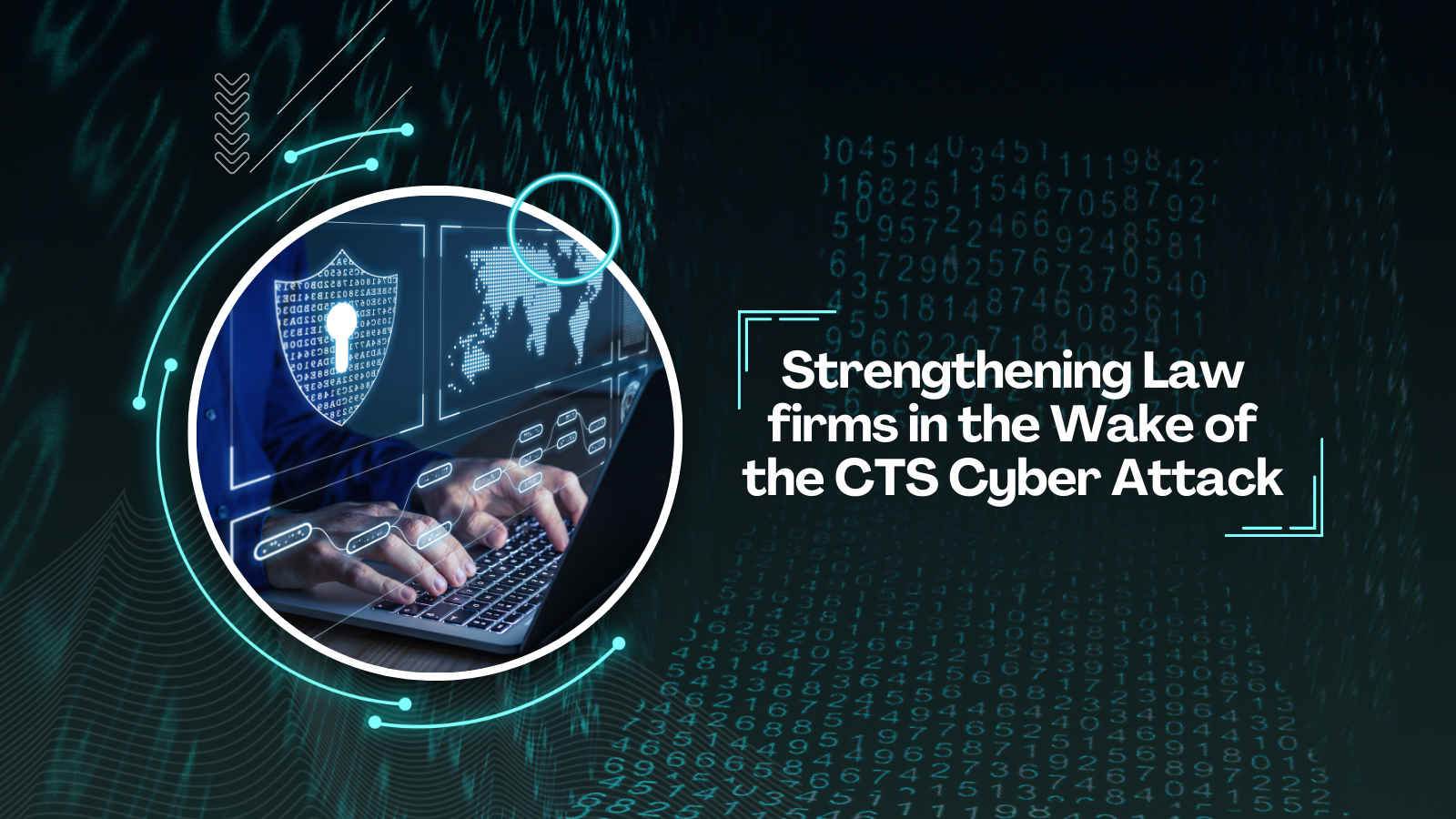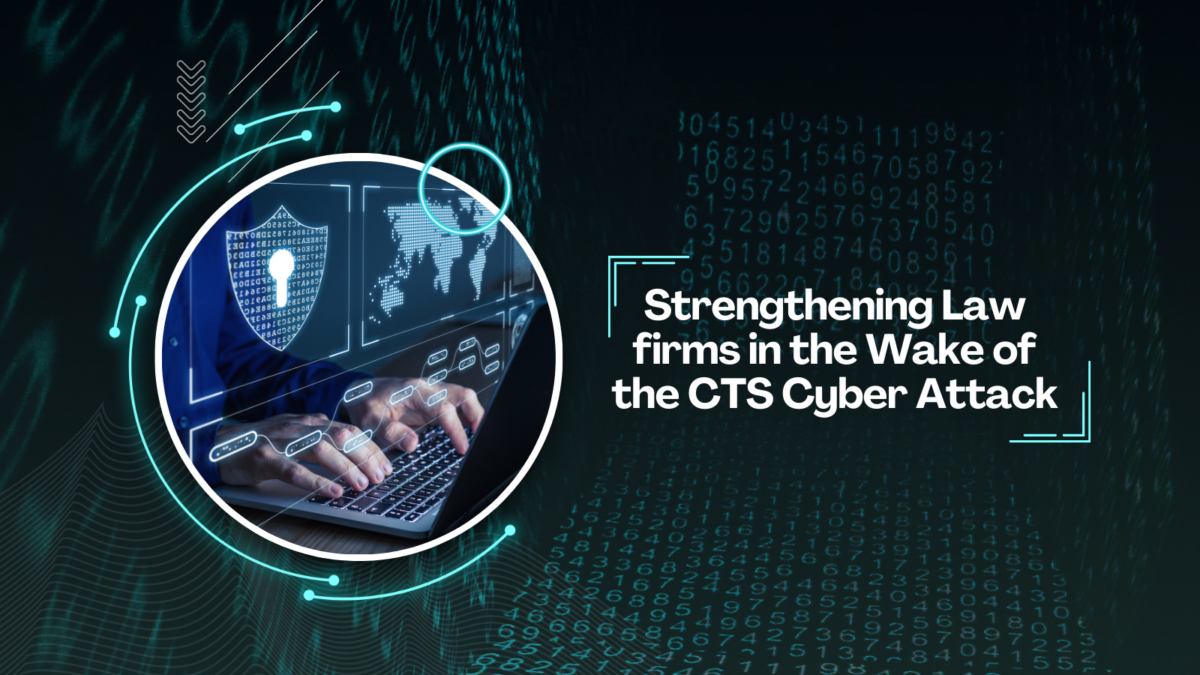Strengthening Law firms in the Wake of the CTS Cyber Attack
The increasing reliance on digital technologies across various industries casts a long shadow of cyber threats, prominently exemplified by the CTS cyber-attack. This significant incident in the conveyancing sector has highlighted the vulnerability of law firms to such digital dangers. More than just causing operational disruptions, the attack served as a critical wake-up call, emphasising the urgent need for robust cybersecurity measures. With cloud-based services now a norm for the easy exchange and storage of information, it is crucial for law firms to be mindful to the security implications of these technologies. The CTS cyber-attack was a clear alert to the potential weaknesses in digital defenses, allowing law firms to develop comprehensive strategies against future intrusions. In this era of digital dependency, strong cybersecurity measures have become an essential cornerstone for industry resilience against ongoing and evolving cyber threats.

The recent cyber-attack has highlighted the fragility of cloud-based storage and services that countless law firms depend on for managing and sharing data. Despite their apparent convenience, these platforms come with inherent security risks. It is imperative that firms not only choose cloud service providers with robust security measures but also maintain strict access controls internally. The scope and severity of the attack's impact was profound, with more than 80 law firms experiencing varying levels of operational disruption. The inability to access systems, process transactions, or maintain operational continuity led to considerable setbacks in the property exchange process, as highlighted by The Law Society's report on the CTS incident. This starkly illustrates the urgent need for reinforced cybersecurity measures within the legal sector.
In the immediate aftermath of the attack, CTS took substantial steps to restore their systems and reassure their clients. By December's end, CTS announced the restoration of their systems, marking a significant milestone in the recovery process. Yet, this event is a stark reminder that cyber threats are an ongoing concern that will likely escalate. The ramifications of such attacks are profound: the loss of productivity, revenue, and—most critically—reputation, as client trust erodes due to potential data breaches. These consequences underscore the importance of a comprehensive approach to cybersecurity, extending beyond the immediate technical response to include broader operational and strategic considerations.
Reflecting on the cyber attack, it is evident that many law firms were caught unprepared and unable to access their systems or complete essential transactions. This incident highlights the critical need for continuous and robust cybersecurity measures. Law firms must regularly review and upgrade their digital security protocols, adapting them to the ever-evolving landscape of cyber threats. This approach is not merely about implementing security measures; firms must continuously evaluate and adapt to stay ahead of the constantly evolving cyber threats. The CTS incident serves as a pivotal learning experience, indicating that such attacks are not singular events but signs of potential ongoing challenges. Law firms need to proactively minimise the risk of cyber-attacks through regular updates to security practices, comprehensive cyber insurance coverage, and a forward-thinking stance on digital risk management. Embracing this proactive and adaptive approach is crucial for law firms to safeguard against the far-reaching impacts of future cyber disruptions.
This article is to help raise awareness to law firms on how they should continuously review their online presence and reliance upon cloud-based technologies. Criminals target law firms, particularly those that have a property division. Criminals want to try to gain access to data which may assist them in defrauding clients or the lawyers who represent them. The CTS cyber attack is a serious reminder of the constant and evolving nature of cyber threats. It underscored the importance of perpetual vigilance and the need for law firms to consistently update their cybersecurity protocols, invest in comprehensive cyber insurance, and adopt a proactive approach to digital risk management. As firms navigate the complex digital landscape, the lessons from this incident will be invaluable in fortifying their defences against future cyber threats.
This article is provided for general information only. It is not intended to be and cannot be relied upon as legal advice or otherwise. If you would like to discuss any of the matters covered in this article, please contact us using the contact form or email us on reception@cnsolicitors.com

